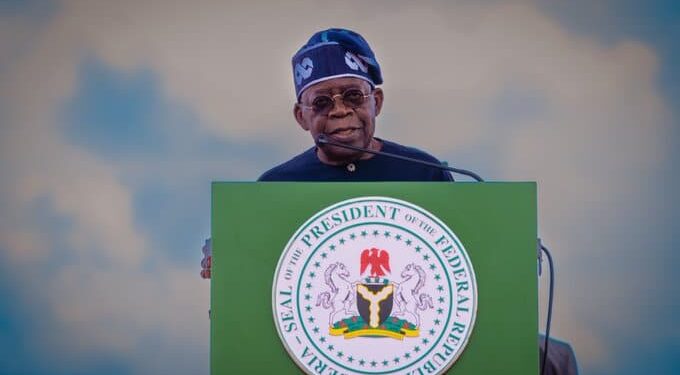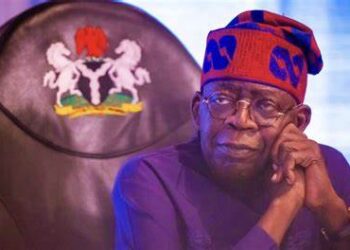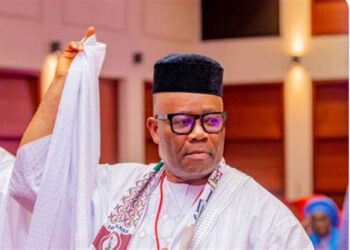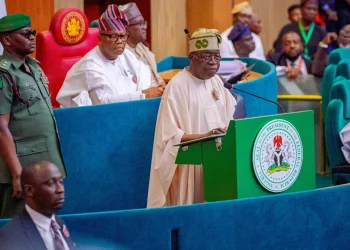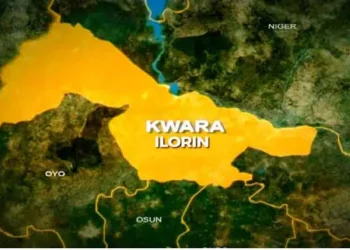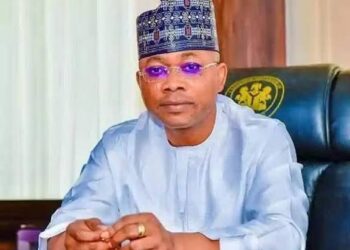President Bola Tinubu declared on Wednesday that Nigeria has “finally turned the corner” from its economic challenges, assuring citizens that yesterday’s pains are giving way to relief as the nation marks its 65th Independence Anniversary.
In a national broadcast commemorating the milestone, Tinubu presented a comprehensive account of his administration’s 28-month tenure, highlighting economic achievements while acknowledging the hardships caused by controversial reforms implemented since May 2023.
“The worst is over, I say. Yesterday’s pains are giving way to relief. I salute your endurance, support, and understanding,” the president stated, expressing gratitude for Nigerians’ patience during the reform period.
Tinubu reflected on Nigeria’s journey since gaining independence on October 1, 1960, honoring founding fathers including Herbert Macaulay, Dr Nnamdi Azikiwe, Sir Abubakar Tafawa Balewa, Chief Obafemi Awolowo, and others who envisioned Nigeria as Africa’s beacon. He noted that while the nation has faced profound challenges, it has made tremendous progress across various sectors.
The president defended his administration’s decision to pursue fundamental economic reforms despite their immediate painful effects. “Upon assuming office, our administration inherited a near-collapsed economy caused by decades of fiscal policy distortions and misalignment that had impaired real growth,” he explained, adding that his government chose “the path of reform” over maintaining the status quo.
Tinubu outlined twelve major economic achievements realized under his watch, presenting them as evidence that difficult reforms are delivering tangible results. He reported that Nigeria’s Gross Domestic Product grew by 4.23 percent in the second quarter of 2025, representing the fastest pace in four years and exceeding International Monetary Fund projections of 3.4 percent.
According to the president, inflation declined to 20.12 percent in August 2025, marking the lowest level in three years. He attributed this improvement to government efforts to boost agricultural production and ensure food security.
The president highlighted a record-breaking increase in non-oil revenue, with the administration achieving its 2025 target by August with over N20 trillion collected. He noted that September 2025 alone saw N3.65 trillion raised, representing a 411 percent increase compared to May 2023 figures.
Tinubu reported significant improvement in the country’s debt management, stating that the debt service-to-revenue ratio has been reduced from 97 percent to below 50 percent. He claimed foreign reserves increased to $42.03 billion in September, the highest since 2019, while the tax-to-GDP ratio rose to 13.5 percent from less than 10 percent.
The president announced that Nigeria has recorded trade surpluses for five consecutive quarters, becoming a net exporter. He stated that the trade surplus increased by 44.3 percent in the second quarter of 2025 to N7.46 trillion, with goods manufactured and exported jumping by 173 percent.
Oil production, according to Tinubu, rebounded to 1.68 million barrels per day from barely one million in May 2023, attributed to improved security and better stakeholder management in the Niger Delta. He emphasized that Nigeria is refining petroleum products domestically for the first time in four decades and has become Africa’s leading exporter of aviation fuel.
The president reported that the naira has stabilized following foreign exchange reforms, with the gap between official and unofficial rates substantially reduced. He stated that multiple exchange rates that fostered corruption are now history, and the currency rate against the dollar is no longer determined by crude oil price fluctuations.
Under social investment programs, Tinubu disclosed that N330 billion has been disbursed to eight million households, with many receiving one or two tranches of N25,000 each. He highlighted infrastructure expansion across rail, roads, airports, and seaports, noting that the Kano-Kastina-Maradi rail project and Kaduna-Kano rail line are nearing completion.
The president noted that Nigeria’s stock market experienced unprecedented growth, with the all-share index rising from 55,000 points in May 2023 to 142,000 points as of September 26, 2025. He also referenced the Central Bank’s recent decision to reduce interest rates for the first time in five years as evidence of macroeconomic stability.
On security, Tinubu praised armed forces for their efforts against terrorism, banditry, and violent crimes, claiming peace has returned to hundreds of liberated communities in the North-West and North-East with thousands returning safely to their homes.
Addressing youth, the president highlighted initiatives including NELFUND, which has supported approximately 510,000 students across 36 states with N99.5 billion in educational loans. He mentioned Credicorp, which has granted 153,000 Nigerians N30 billion in affordable loans for various needs, and YouthCred for NYSC members.
While acknowledging that reforms have brought temporary pains, Tinubu insisted the alternative of economic chaos or bankruptcy was not acceptable. “The accurate measure of our success will not be limited to economic statistics alone, but rather in the food on our families’ tables, the quality of education our children receive, the electricity in our homes, and the security in our communities,” he stated.
The president called on all Nigerians to become producers rather than consumers, urging citizens to farm land, build factories, patronize made-in-Nigeria goods, and pay taxes. He appealed to state governments to join in nation-building efforts, emphasizing that federal government reforms must be complemented by productivity at all levels.
“With Almighty God on our side, I can assure you that the dawn of a new, prosperous, self-reliant Nigeria is here,” Tinubu concluded, expressing hope for the nation’s future as it enters its 66th year of independence.

